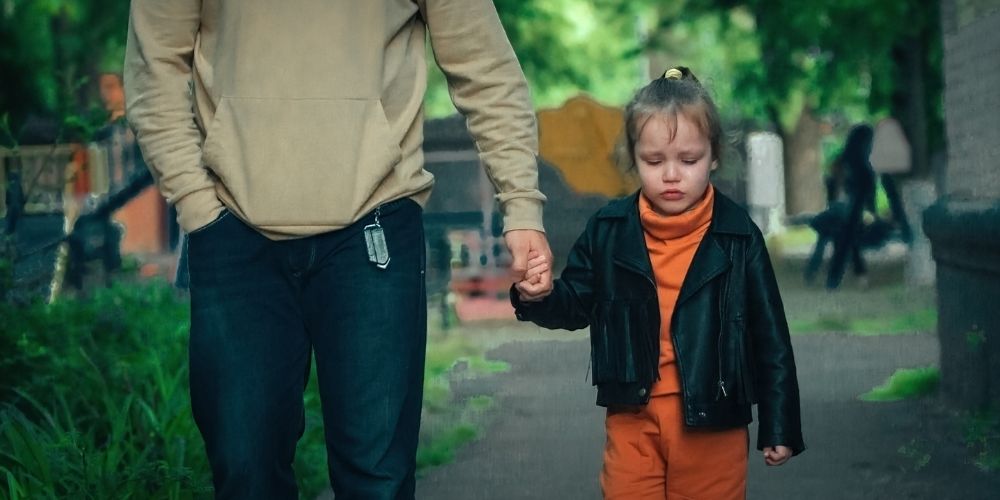What Happens When a Foster Placement Is Not Working Out
Foster care is meant to provide children with a safe, supportive home when their families cannot care for them. Most placements are successful, but sometimes a foster placement not working out ends up being the reality. These situations are challenging for both the child and the foster family, but understanding what happens next can make a big difference.
It’s important to remember a foster placement not working out is not a failure. It’s a chance to learn about the child’s needs and find a safer, more supportive home. With proper guidance, communication, and care, children can thrive in future placements, and foster parents can continue to give back in meaningful ways.
Why Some Placements Don’t Work
Foster care is meant to provide children with a safe and supportive home when their families cannot care for them. However, not every placement works out as planned. Sometimes, despite the best intentions of both the child and the foster family, challenges arise that make the home environment less than ideal. Understanding why some foster placements don’t succeed can help caregivers, social workers, and communities provide better support and find solutions that prioritize the child’s well-being.
There are many reasons a placement might not succeed. Some include:
- Behavioral challenges – Some children have trauma-related behaviors that are difficult for some parents to manage.
- Emotional needs – Children may need specialized emotional or mental health support.
- Medical or developmental needs – Complex health conditions may require expertise foster parents don’t have.
- Mismatch in family dynamics – The child’s personality or needs may not align with the foster family’s routines.
- Limited resources – Financial, time, or support limitations can make it hard for a foster family to meet all needs.
- Sudden life changes – Changes in the foster family’s circumstances, such as job loss, illness, or moving, can affect placement stability.
- Insufficient training or experience – New or unprepared foster parents may struggle with challenging situations.
- Behavioral conflicts with other children in the home – Tensions or bullying may occur among siblings or other children in the foster home.
It’s important to remember that a placement not working out is not the child’s fault. Every child is adapting to difficult circumstances, and finding the right home can take time.
READ MORE: How to Tell a Foster Child They’re Leaving Your Home
When Ending a Placement Is Necessary
Ending a placement can be the best decision if a child’s needs cannot be safely met. For example, a child may require specialized care that the current foster family cannot provide, or behavioral challenges may become overwhelming without proper support. Recognizing limitations early allows children to move into a home better suited for their growth and well-being.
However, ending a placement too quickly or without enough support can be harmful. Children may feel rejected, confused, or abandoned if they are not given guidance and reassurance during transitions.
What Happens When a Placement Ends
When a placement cannot continue, the child’s caseworker steps in to find a safe alternative. This may mean moving to another foster home, a group home, or sometimes reunifying with family members if it’s safe. The process is carefully monitored to reduce trauma and help the child adjust.
Caseworkers, therapists, and foster families work together to ensure the child understands that the change is about finding the best fit for their needs. Stability and safety are the top priorities.
Moving Forward
Foster families can reduce the risk of a placement not working out by seeking training, counseling, and community support. Many agencies provide resources to help families manage challenges and stabilize placements. Asking for help is a sign of strength, not failure.
The community also plays a role. Volunteering, donating, and mentoring can support children during transitions and give foster families the extra help they need.
While a foster placement not working out can be difficult, it is often a step toward finding a safe, supportive, and permanent home for the child. With careful planning, compassion, and support, children in foster care can continue to grow, thrive, and feel valued despite the challenges they face.


